Des universitaires disent avoir découvert 26 nouvelles vulnérabilités dans la pile de clés USB utilisée par les systèmes d'exploitation tels que Linux, macOs, Windows et FreeBSD. L'équipe de recherche, composée de Hui Peng de l'Université de Purdue et de Mathias Payer de l'Ecole polytechnique fédérale de Lausanne, a déclaré que tous les bugs ont été découverts grâce à un nouvel outil qu'ils ont créé, appelé USBFuzz.
Cet outil est ce que les experts en sécurité appellent un fuzzer. Les fuzzers sont des applications qui permettent aux chercheurs en sécurité d'envoyer de grandes quantités de données non valides, inattendues ou aléatoires comme entrées dans d'autres programmes. Les chercheurs en sécurité analysent ensuite le comportement des logiciels testés pour découvrir de nouvelles vulnérabilités, dont certaines peuvent être exploitées de manière malveillante.
Pour tester les clés USB, Hui Peng et Mathias Payer ont développé USBFuzz, un nouveau fuzzer spécialement conçu pour tester la pile de clés USB des systèmes d'exploitation modernes. « En son cœur, USBFuzz utilise un dispositif USB émulé par logiciel pour fournir des données aléatoires aux pilotes (lorsqu'ils effectuent des opérations d'entrée/sortie) », ont déclaré les chercheurs. « Comme le dispositif USB émulé fonctionne au niveau du dispositif, le portage sur d'autres plateformes est simple ».
Learn more / En savoir plus / Mehr erfahren:
http://www.scoop.it/t/securite-pc-et-internet/?tag=USB



 Your new post is loading...
Your new post is loading...



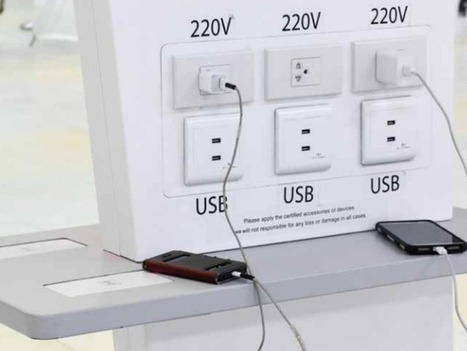
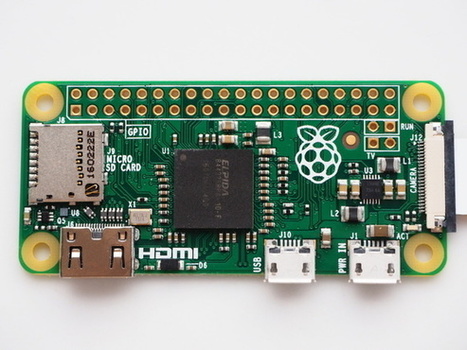
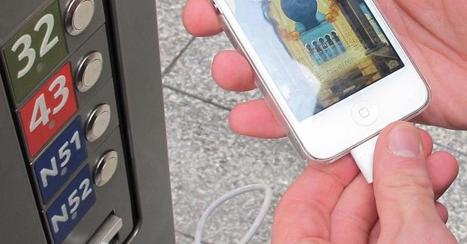




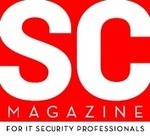


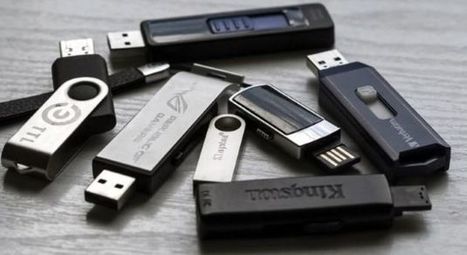
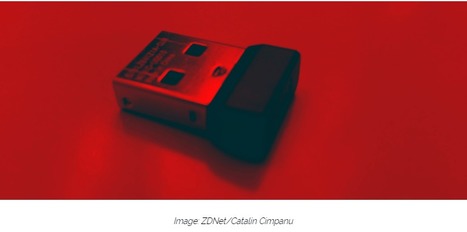
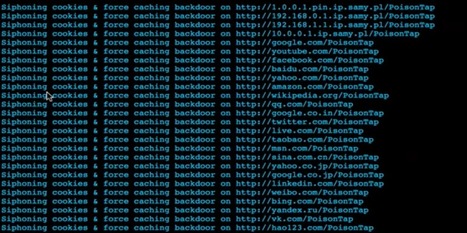
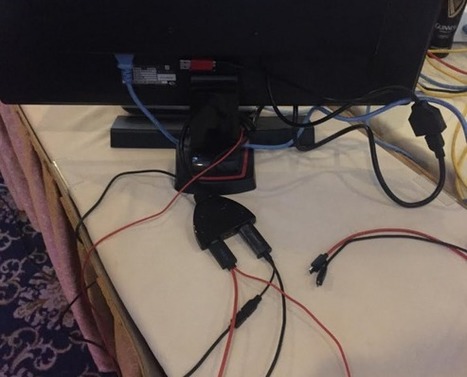

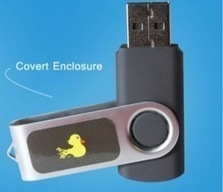
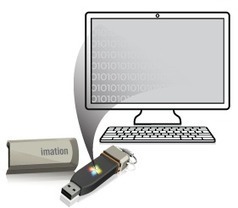
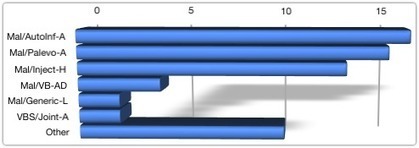





Mittels automatisierter Tests, so genanntem Fuzzing, haben Sicherheitsforscher insgesamt 26 Programmierfehler in USB-Treibern entdeckt. 18 davon betreffen verschiedene Linux-Kernelversionen; wiederum zehn dieser Linux-Bugs erhielten aufgrund von ihnen ausgehender hoher Sicherheitsrisiken CVE-Nummern. Vier weitere Bugs betreffen Windows 8 und 10, drei stecken in macOS 10.15 Catalina und einer im freien BSD-Derivat FreeBSD 12.
Learn more / En savoir plus / Mehr erfahren:
http://www.scoop.it/t/securite-pc-et-internet/?tag=USB